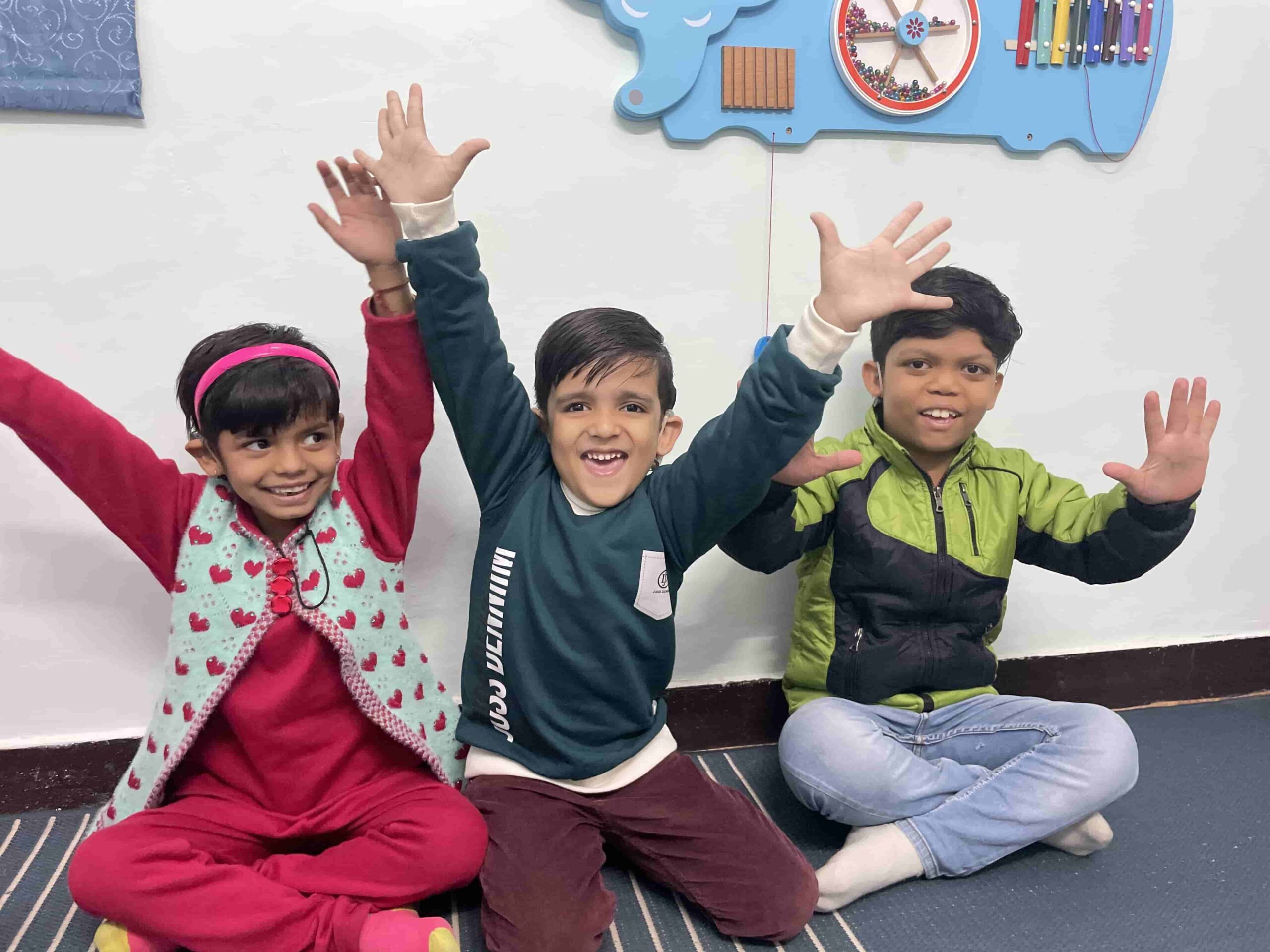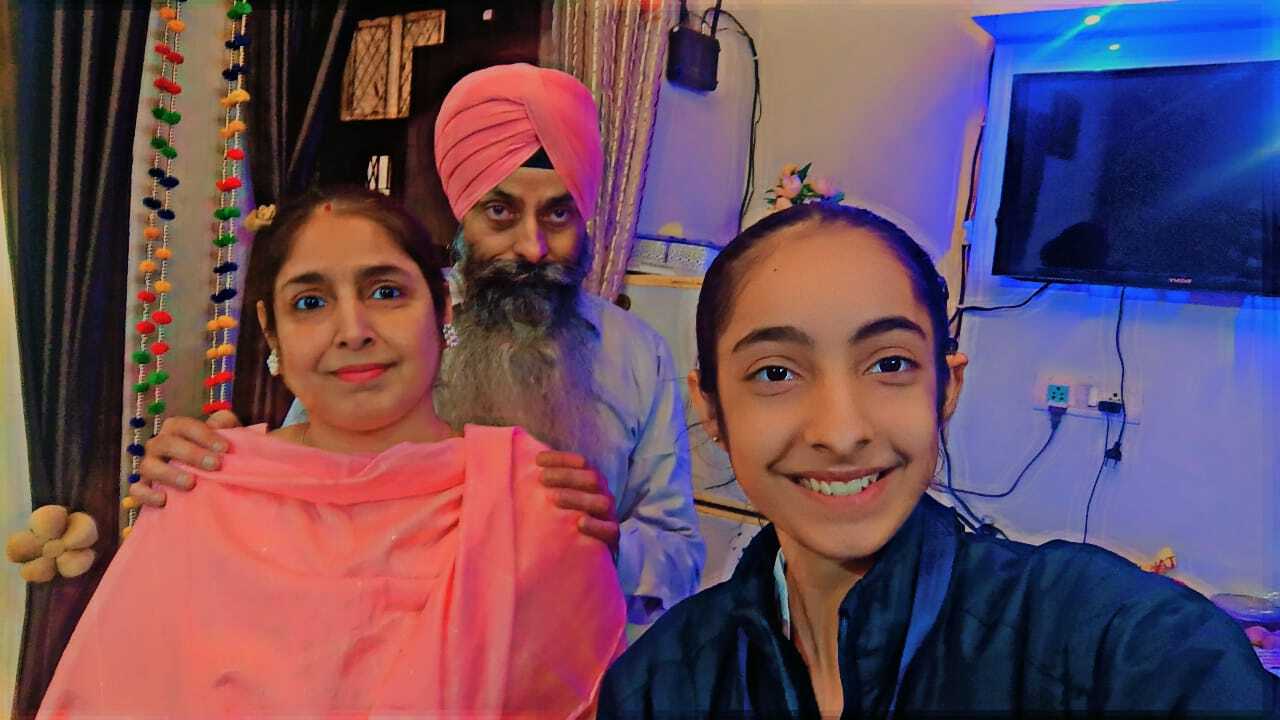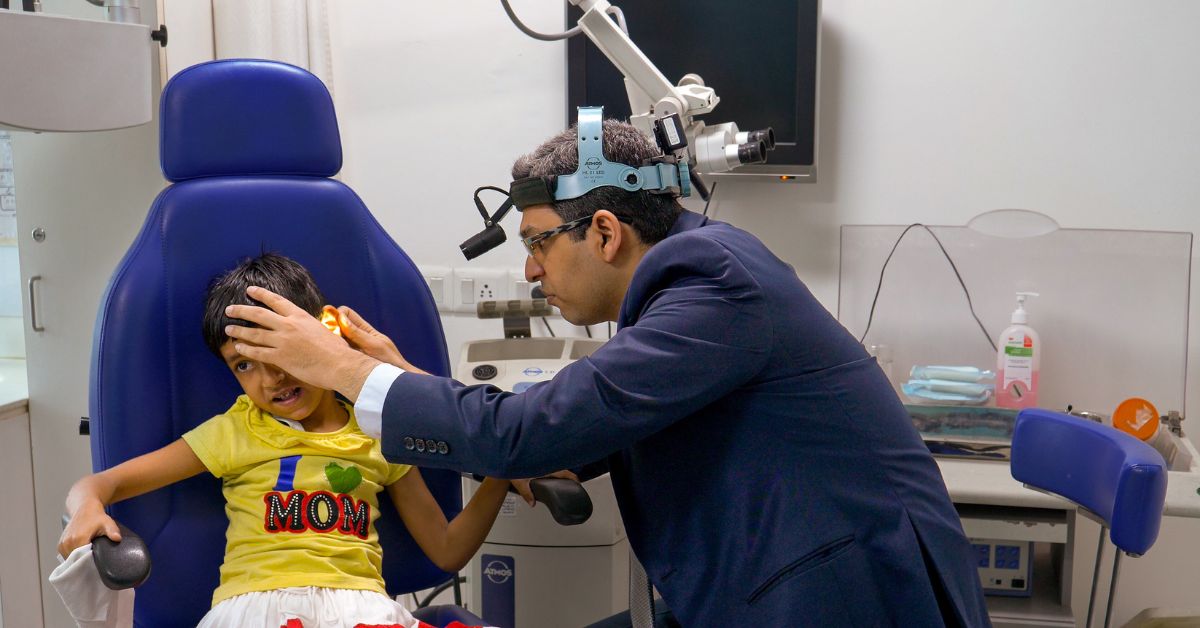This article is sponsored by The Hans Foundation
When a child is born, parents celebrate each milestone in their life — from the baby’s first rollover to crawling and walking. Another significant moment every parent eagerly awaits is their baby’s first word. Each child develops uniquely, hitting these milestones at different times. However, parents need to remain attentive and raise concerns if these milestones are delayed.
Hearing, an invisible aspect, often goes unnoticed until the child begins to speak or, in some cases, doesn’t. A child who is not able to hear won’t be able to respond to noises or their name, and won’t start babbling and trying to imitate sounds by six to eight months. If parents are not aware of such childhood milestones they may not become aware of potential hearing issues until around the time the child reaches two years of age.
Thanks to advancements in healthcare and technology, newborn hearing screenings can now detect hearing loss much before even the earliest milestones-based diagnosis. These screenings aid in the early detection of hearing problems, allowing for follow-up consultations with paediatricians within the baby’s first two to three months of life.
The World Health Organisation (WHO) estimates that there are 63 million people in India who suffer from significant auditory impairment. It further notes that up to five out of every 1,000 babies are born with hearing loss or acquire it soon after birth.
So, the key to effective management of hearing loss is early identification and prompt treatment.
Children experiencing mild to moderate hearing loss can benefit from hearing aids. For those with profound hearing loss, Cochlear Implants (CI) offer a solution. These electronic devices serve to replace the function of the damaged inner ear, facilitating the sense of hearing.
This enables children to engage with the auditory world and lead lives similar to other children in every aspect. However, the cost of Cochlear Implant (CI) surgery is expensive for a large portion of the population in India. To assist children in regaining their hearing abilities and leading fulfilling lives, The Hans Foundation (THF) runs the Cochlear Implant Programme. Through this initiative, they have already helped over 900 children so far.
A two-hour surgery that can change lives

When Sukhjot Kaur turned two, her parents started worrying about the fact that she hadn’t uttered her first word. The elders in the house told the concerned parents not to worry as everyone in their family had started speaking late. However, it was an alert neighbour who helped Sukhjot’s parents identify her problem.
When the toddler was playing outside her house in Delhi, a passing car honked many times but she didn’t move. The neighbour who noticed this immediately told Sukhjot’s mother, Rajinder Kaur, “I don’t think your daughter can hear. Take her to the doctor!”
Rajinder hurriedly took her two-and-a-half-year-old daughter to a hospital in the national capital, where the doctor diagnosed her with severe hearing loss.
“We went to many hospitals after that, including AIIMS. Everyone gave the same diagnosis. They said that we needed to get a cochlear implant, which would cost almost Rs 6 to 7 lakh. My husband is an auto driver and we couldn’t fathom how to cough up such a big amount of money,” Rajinder tells The Better India.
Years passed as the couple visited various hospitals and explored different options. In 2014, when the child was five years old, they were introduced to The Hans Foundation, which offered assistance. With their financial support, Sukhjot received a cochlear implant that year and is now flourishing in a mainstream school just like any other child.
“My daughter can now speak well and is a good student. She also paints very well,” shares Rajinder, adding, “We were yearning to hear her speak. Now, we can’t have enough of it!”

The Hans Foundation’s intervention has supported the surgeries and rehabilitation of over 900 children across 14 hospitals in seven states, from its start in December 2013 to date. Dr Ravi Bhatia, an ENT surgeon at Sarvodaya Hospital — a partner of THF — explains that a cochlear implant aids children with severe hearing loss in listening, understanding, and beginning to speak.
“The cochlear implant is an electronic device which is implanted through surgery into the baby’s ear. It bypasses the damaged hair cells of the inner ear or cochlea to provide sound signals to the brain by stimulating the inner ear, which helps the child to start hearing. There is an internal and external device,” he explains.
The implant comprises an external component placed behind the ear and a second component surgically implanted under the skin. This surgery can be performed as early as six to eight months of age and ideally should be completed by the time the child reaches three years old, ensuring timely access to schooling.
“During the newborn hearing screening, the doctors can assess if the baby has any hearing loss. Through a battery of tests and follow-ups, by the time the child is three to four months old, it becomes clear if the baby needs a cochlear implant,” adds the doctor.
When the baby reaches eight months old, they are ready for the surgery, which typically lasts two and a half hours. However, it’s important to note that the surgery alone addresses only 20 percent of the problem. What’s equally important is the post-surgery Auditory Verbal Therapy (AVT), which spans two years and requires parental involvement to ensure the child develops spoken language skills.
THF states that each cochlear implant procedure with the device, surgery and rehabilitation costs about Rs 8-9 lakh per ear. THF also provides support for this therapy and ensures that parents from underprivileged backgrounds have access to therapists and can continue the therapy.
‘Don’t ignore warning signs of hearing loss’

Just like in Sukhjot’s case, many parents come to doctors late, says Dr Bhatia. This lack of awareness causes significant delays in the surgery, affecting outcomes. An internal study conducted by The Hans Foundation revealed that hearing outcomes among children who received implants between the ages of zero and three were two and a half times improved compared to those implanted at ages four and older. Hence, it is crucial to identify and undergo implantation before the age of three for a favourable outcome.
“A lot of parents are in denial about their children’s hearing loss in India. Elders also support their beliefs saying that even we spoke late. When a child doesn’t listen to sounds or react to sounds, parents must raise a red flag. Go to a doctor and get your child checked if you notice anything wrong,” says Dr Bhatia.
As The Hans Foundation grows its commitment to supporting several life-changing medical interventions for children from underprivileged backgrounds under its larger umbrella of Hans Paediatric Care, support for children who need cochlear implant surgeries remains a key part of the organisation’s mission.
THF works closely with its hospital partners for these surgeries. Doctors from the partner hospitals and their networks identify children who need support and connect them with the foundation’s programme. THF ensures that the family is prepared to commit to post-surgery therapy and maintain the device properly. Dr Bhatia emphasises the importance of periodic battery replacements and regular cleaning of the device. Additionally, patients should take precautions to avoid ear injuries and promptly seek medical attention in case of infections.
Based on a decade of experience with the programme, the Foundation has observed that the success of a cochlear implant is based on a multitude of factors. The cause and type of hearing impairment have an effect, but so does the age of the child, time elapsed since the onset of hearing loss, active implant use, and also family support which affects the quality of speech and educational rehabilitation.
Dr Bhatia urges parents saying, “Do not ignore any warning signs or doubts. Just go and consult a doctor. Cochlear implants are nothing to be wary of – they are a well established technology and can change a child’s life for the better”
(Edited by Pranita Bhat; All pictures courtesy The Hans Foundation)
No comments:
Post a Comment